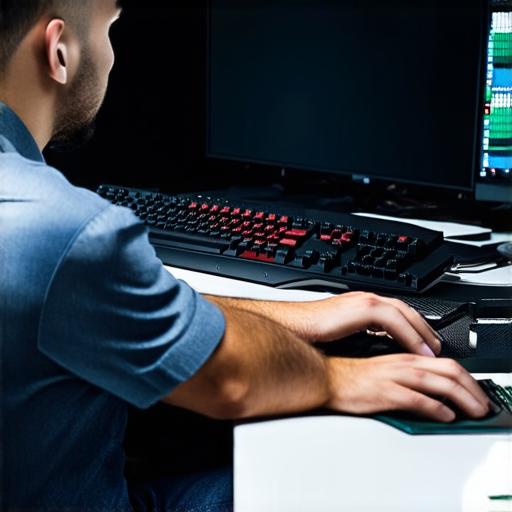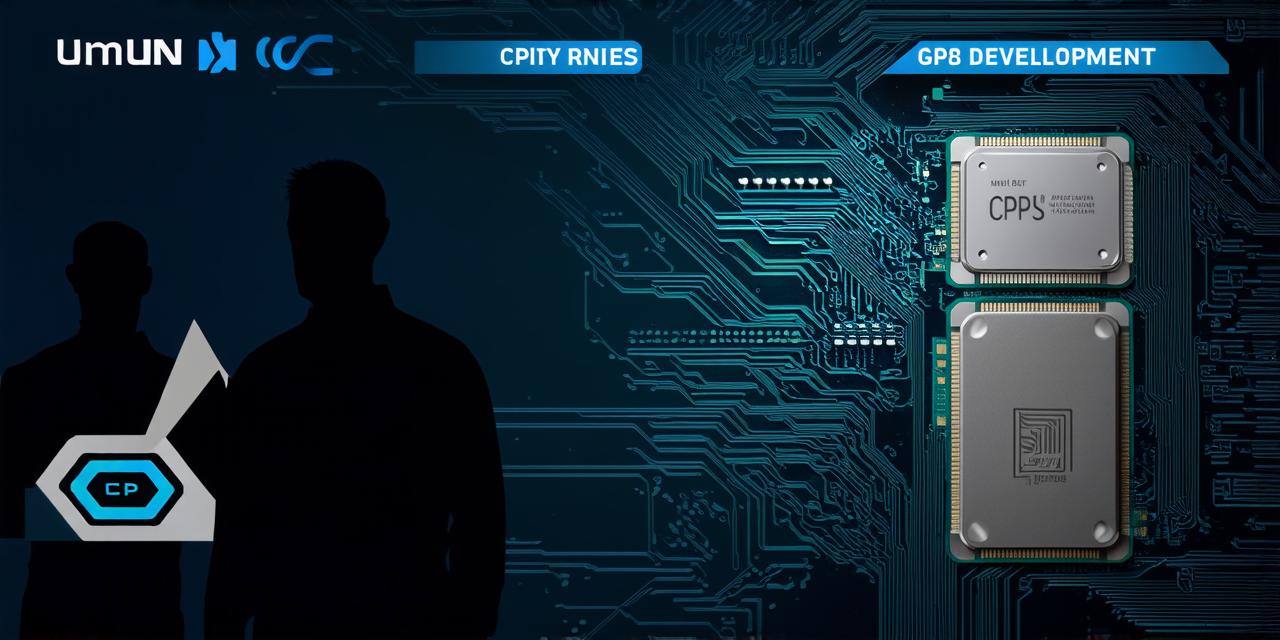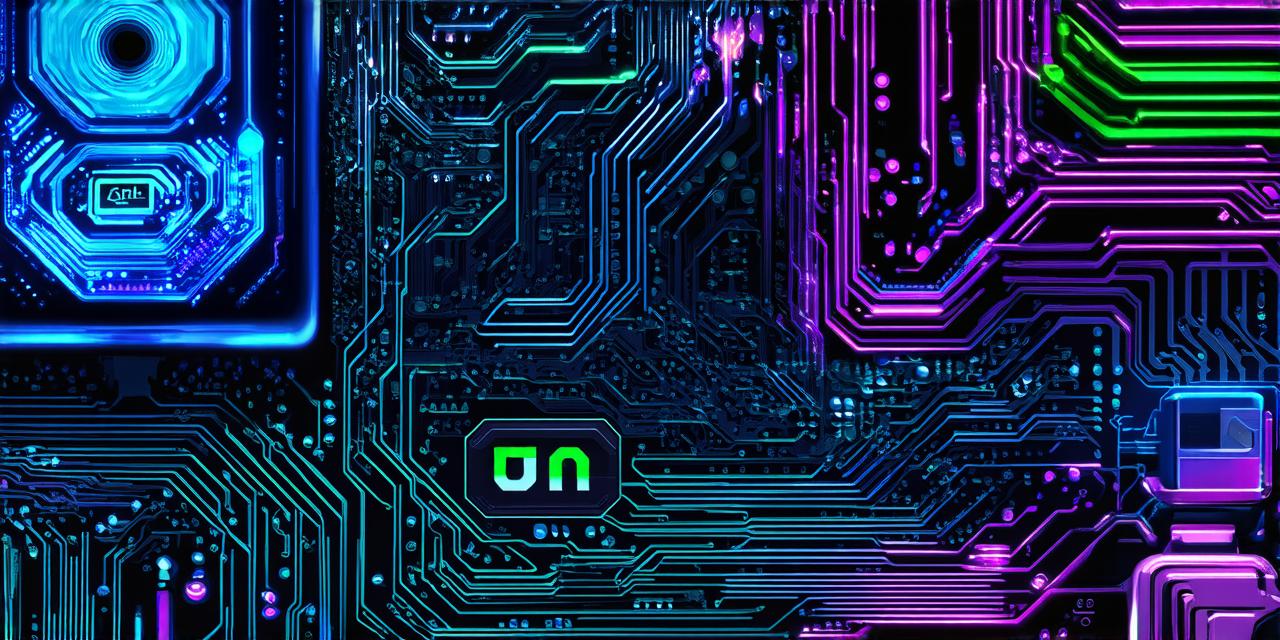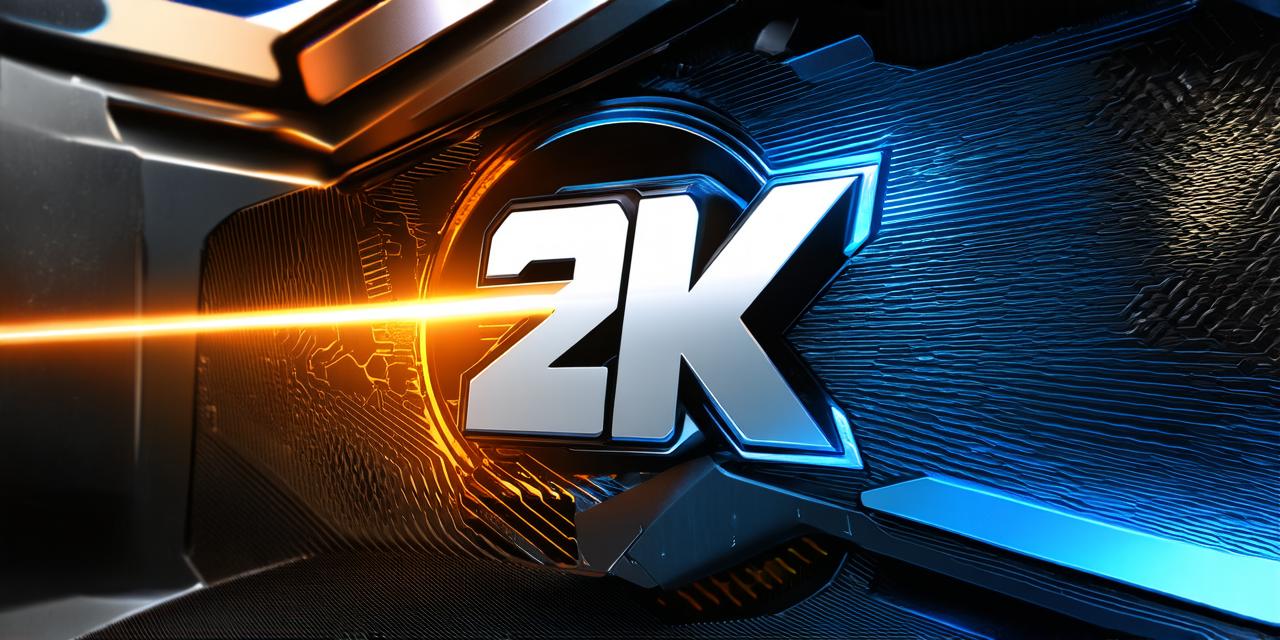As an avid Unity 3D developer, you know that your game’s performance can be greatly affected by the hardware it runs on. In particular, the battle between CPU and GPU has been a long-standing debate in the gaming community, with many developers asking which one is more crucial for running Unity games smoothly.
The Importance of Hardware in Unity Development
Before we dive into the world of CPUs and GPUs, let’s first understand why hardware is so important for Unity development. The primary reason for this is that Unity is a graphics-intensive engine, which means it requires a significant amount of computing power to render 3D scenes, animations, and other visual elements in real-time. As such, the performance of your game will largely depend on the hardware you use, with faster and more powerful components leading to smoother and more immersive gaming experiences.
The Role of CPUs in Unity Development
Now that we have established the importance of hardware in Unity development let’s take a closer look at the role of CPUs in this context. A CPU, or central processing unit, is responsible for executing instructions and performing calculations necessary for your game to run. In Unity, the CPU handles tasks such as script execution, physics simulation, and animation playback, among others. While these tasks are important for your game’s functionality, they are not as critical for rendering 3D graphics as the GPU.
The Impact of CPU on Game Performance
Despite being less crucial for rendering 3D graphics, the performance of your game can still be affected by the CPU’s capabilities. For example, if your game requires a lot of script execution or physics simulation, this will put more strain on the CPU and potentially lead to slower overall performance. Additionally, if your game is optimized for lower-end hardware, it may rely more heavily on the CPU, resulting in less efficient use of the GPU’s capabilities.
The Role of GPUs in Unity Development
Now that we have covered the role of CPUs let’s move on to the GPU, which is undoubtedly the most important component when it comes to rendering 3D graphics in Unity games. A GPU, or graphics processing unit, is responsible for rendering visual elements such as textures, lighting, and special effects in real-time. In Unity, the GPU handles tasks such as vertex and pixel shading, antialiasing, and post-processing effects, among others.
The Impact of GPU on Game Performance
Unlike CPUs, GPUs are specifically designed to handle graphics-intensive tasks, making them a much more critical component for Unity development. The performance of your game will largely depend on the GPU’s capabilities, with faster and more powerful components leading to smoother and more immersive gaming experiences. Additionally, modern GPUs often come equipped with dedicated memory, which is optimized for handling large textures and other visual elements, further enhancing their performance compared to CPUs.





